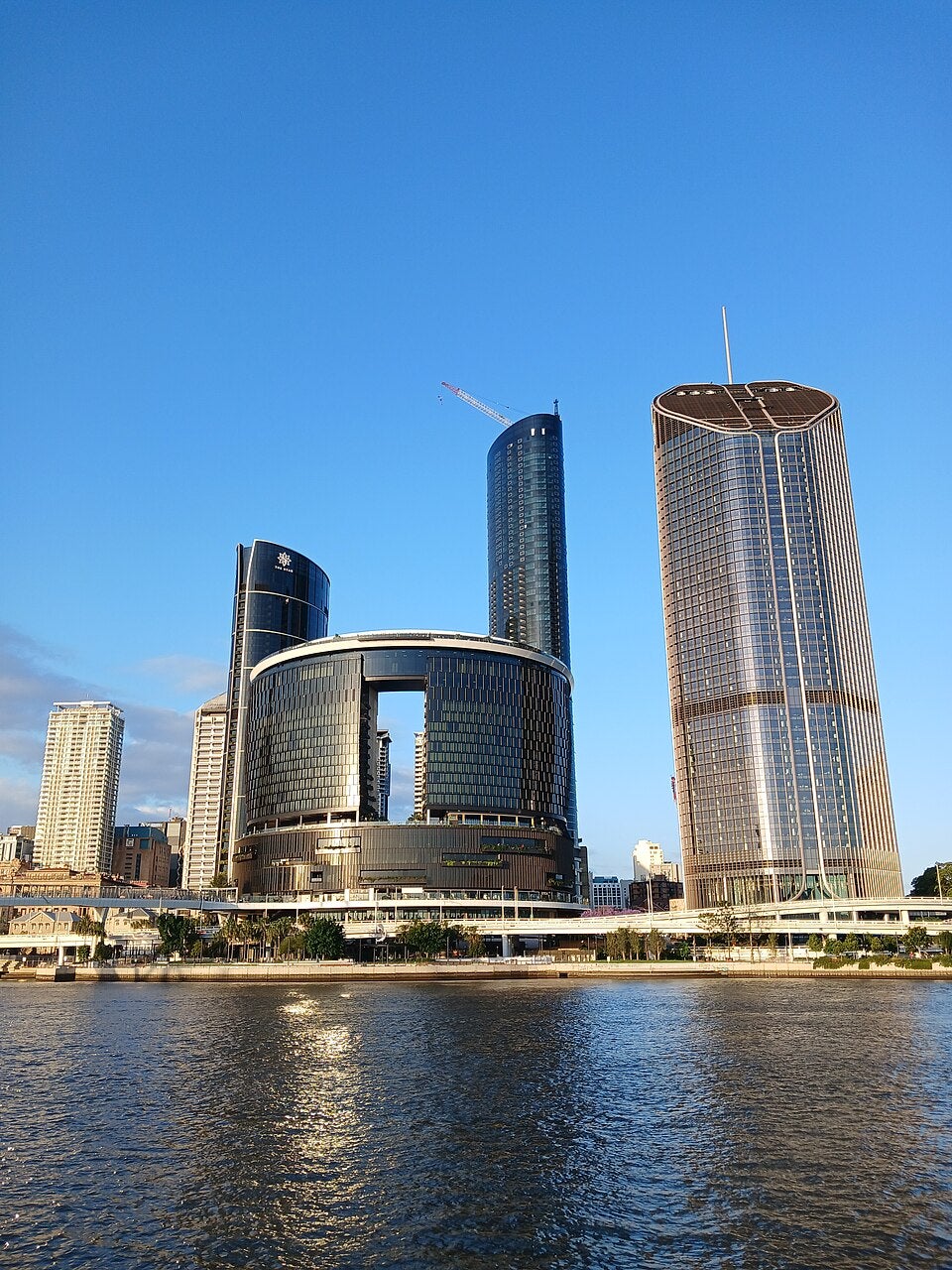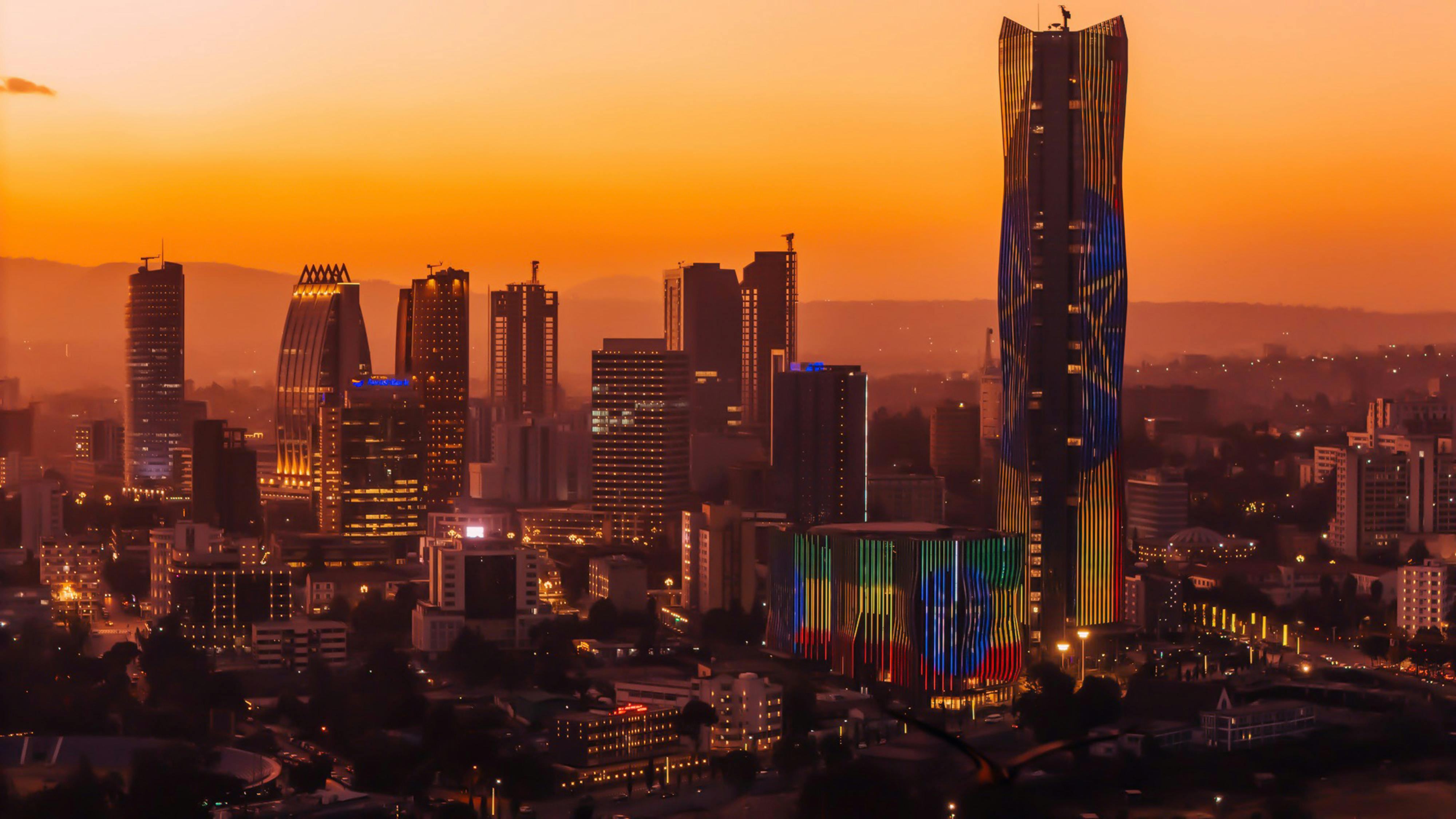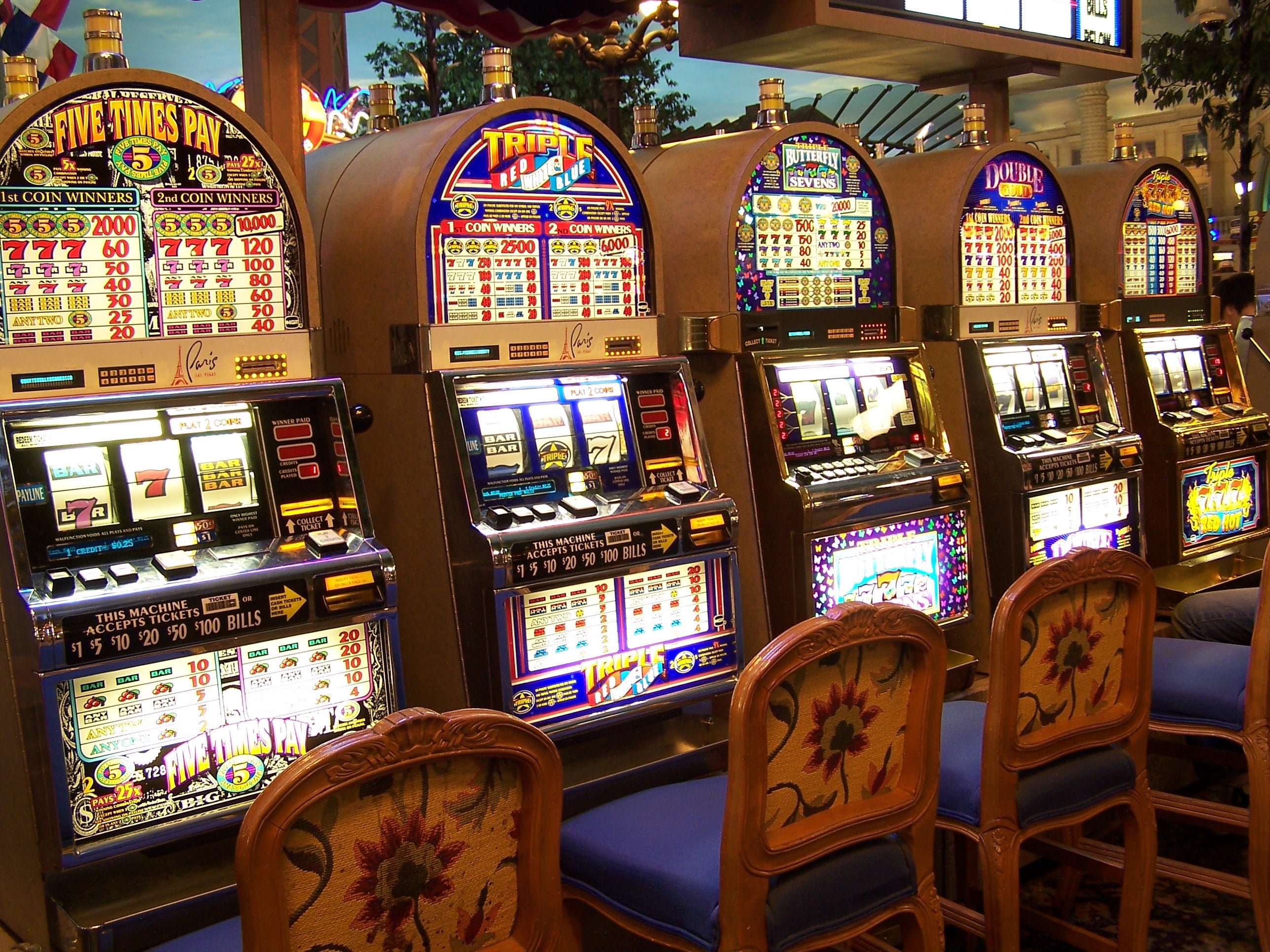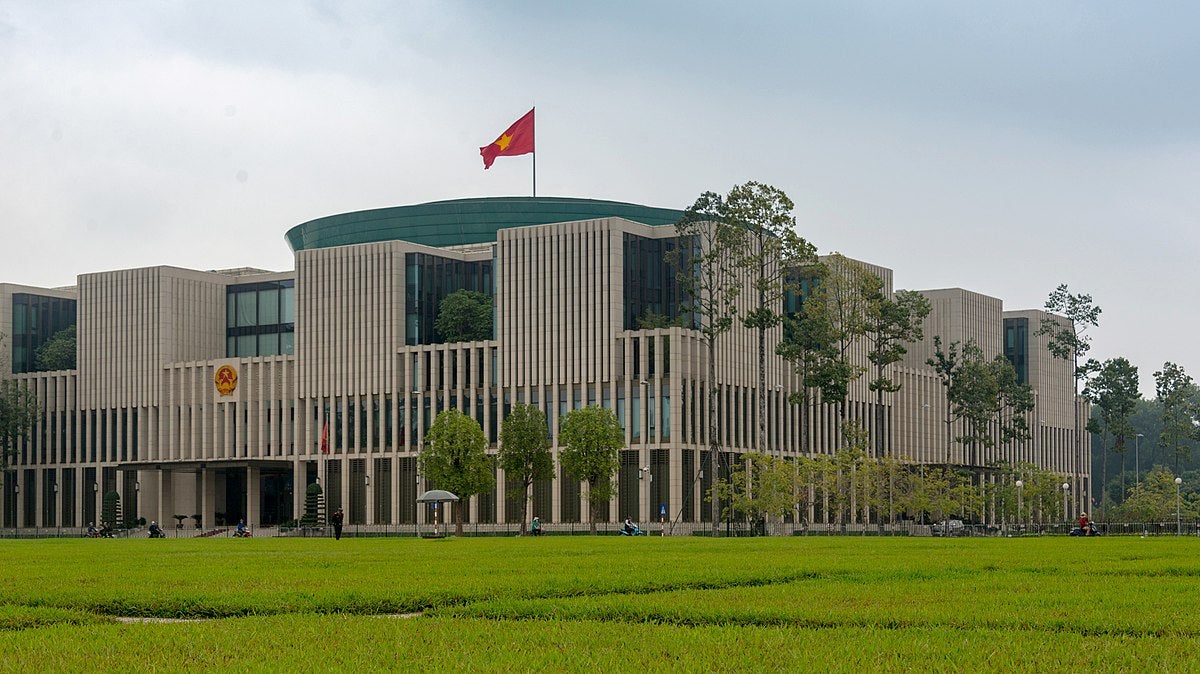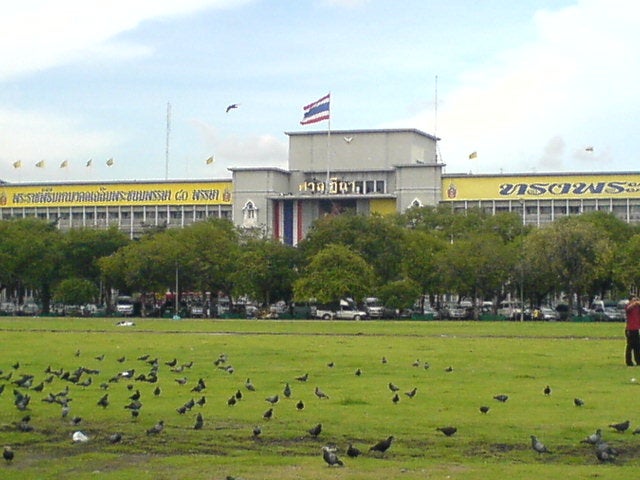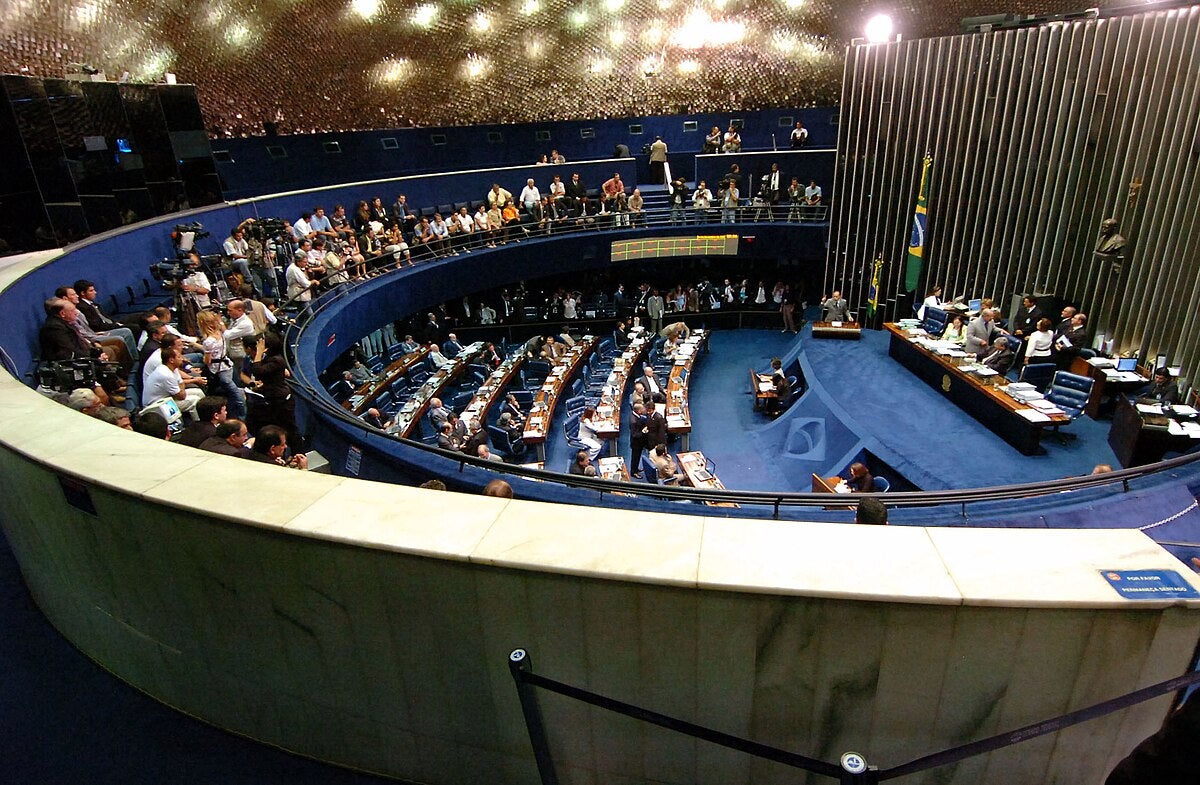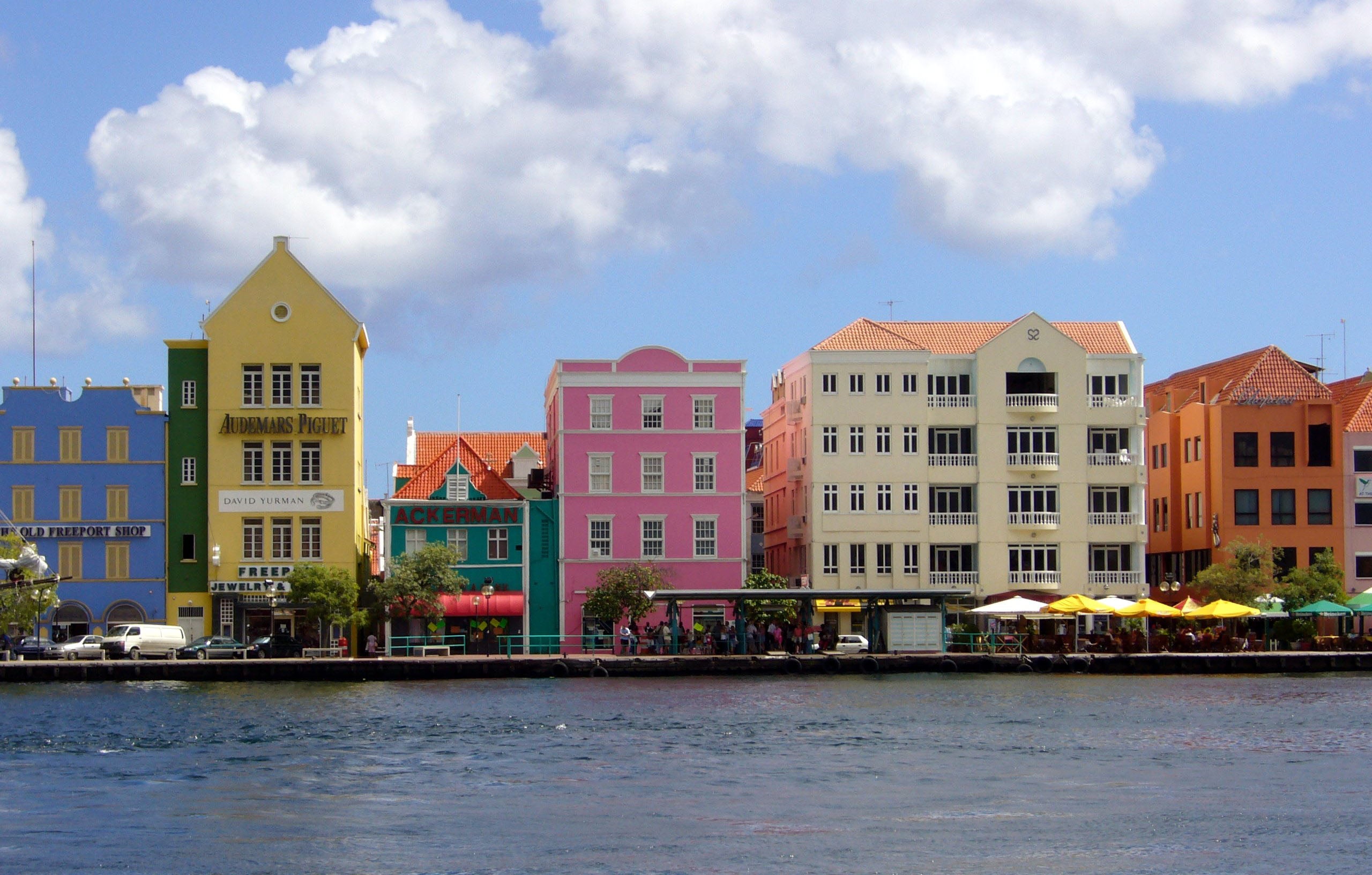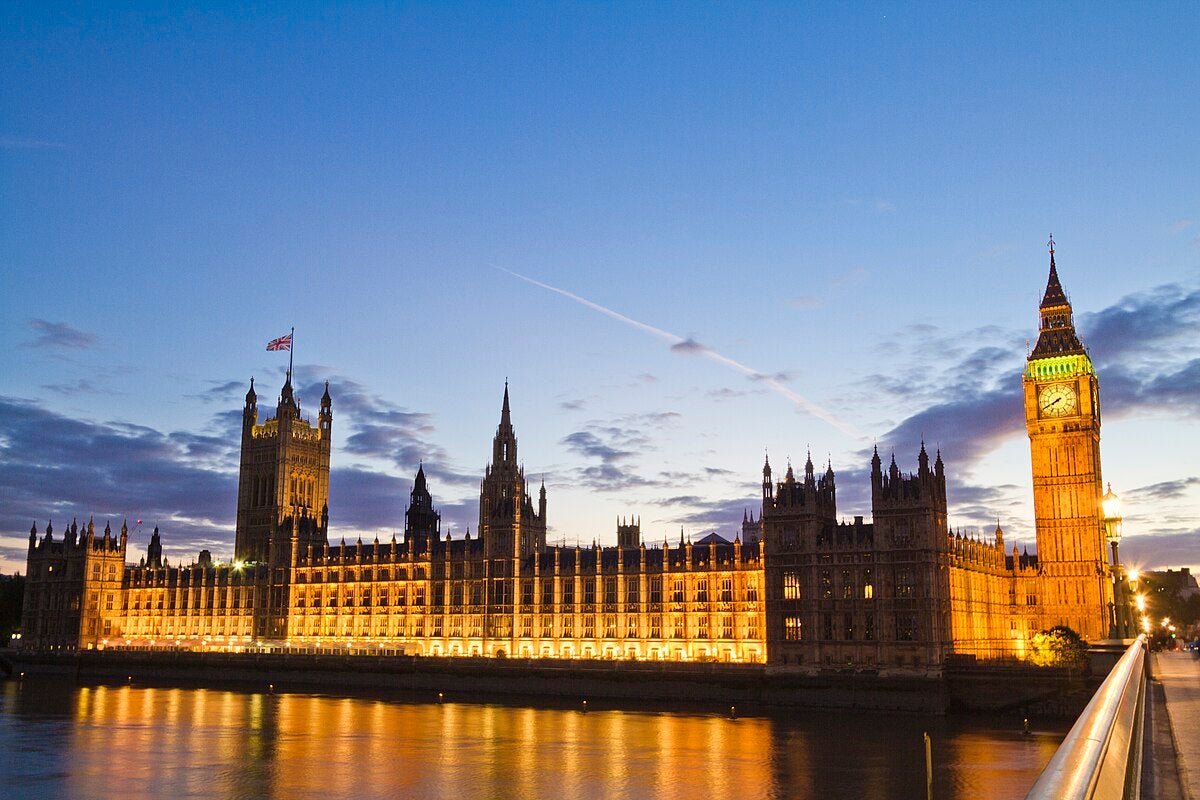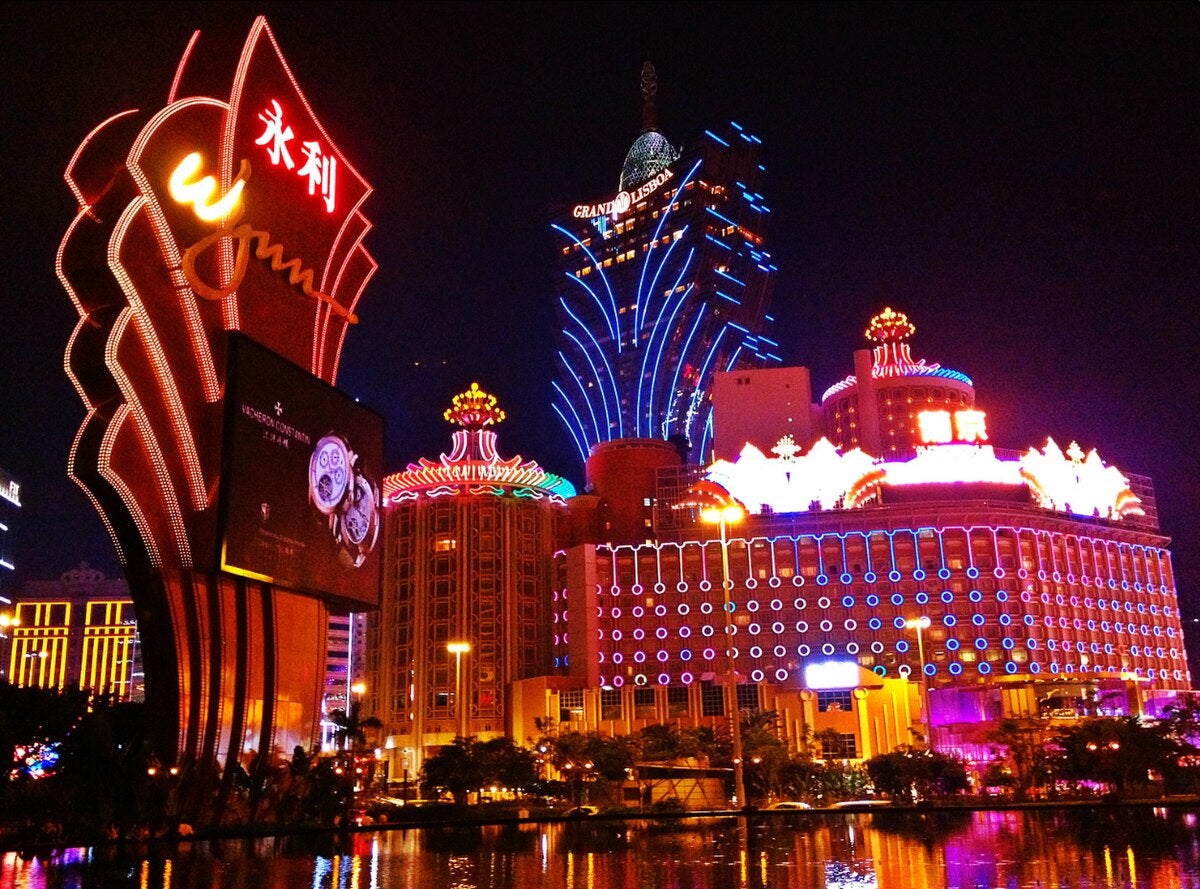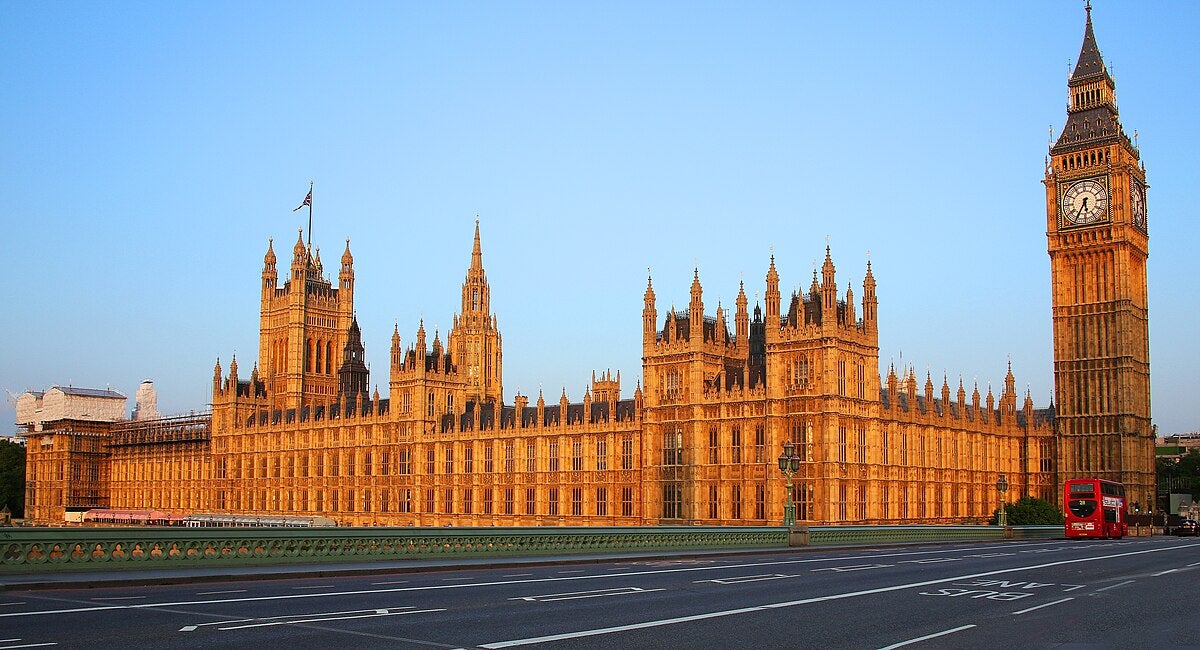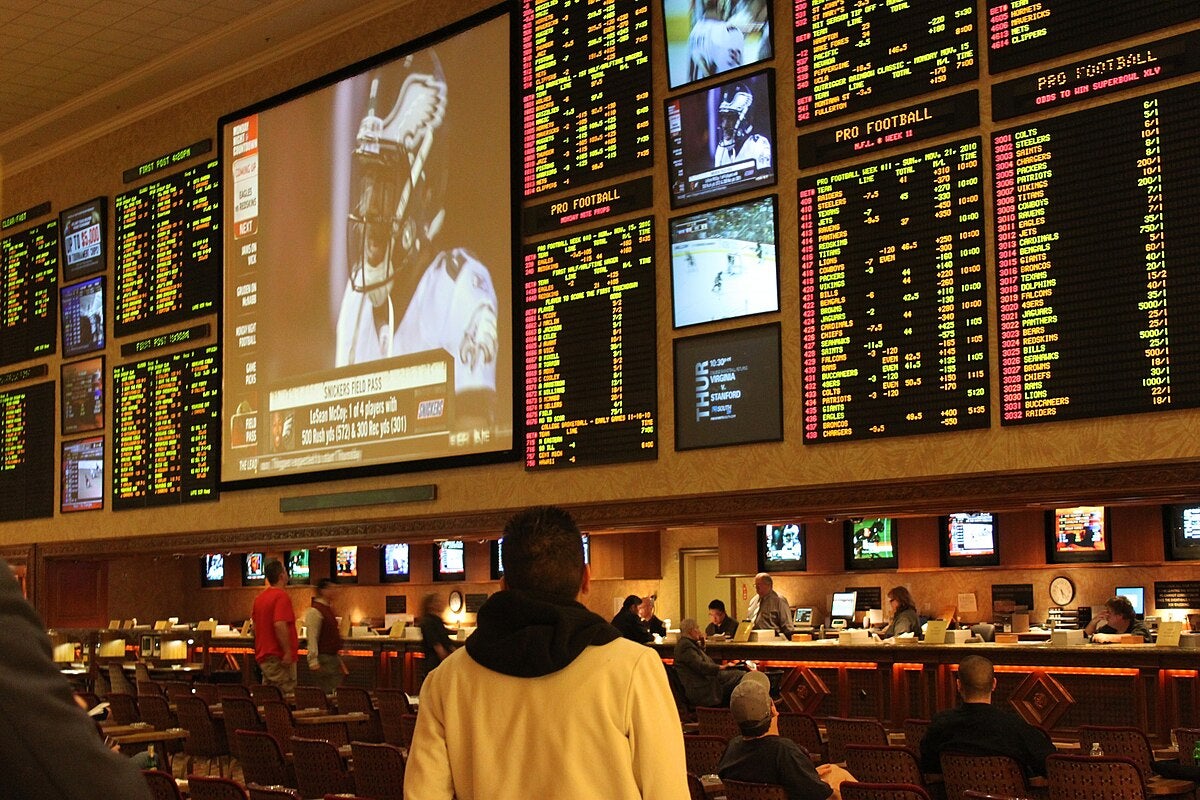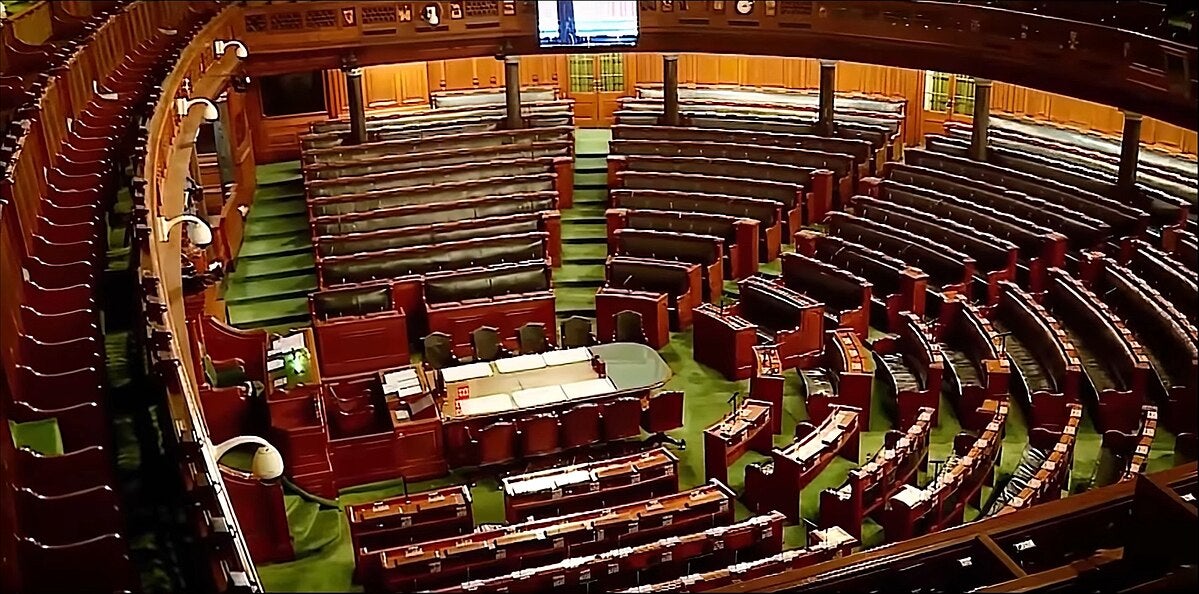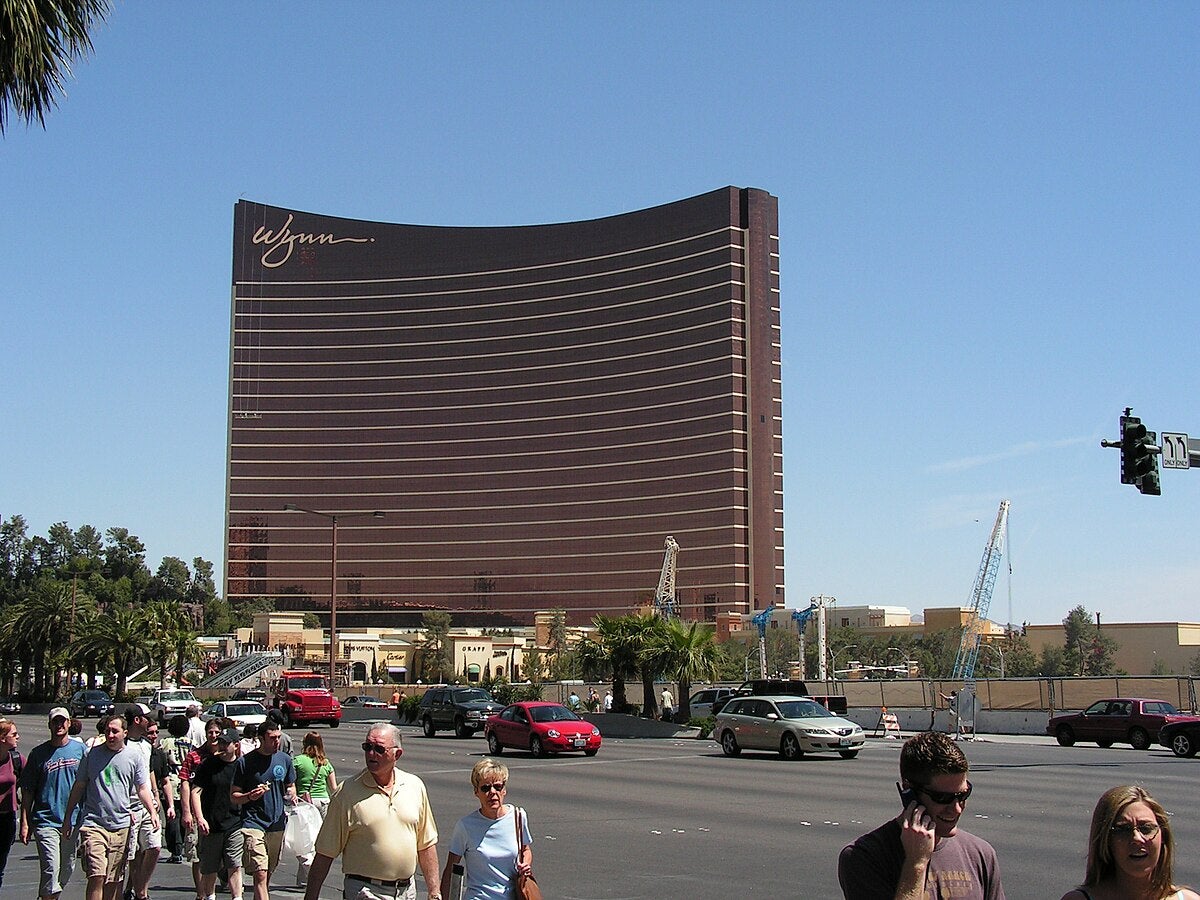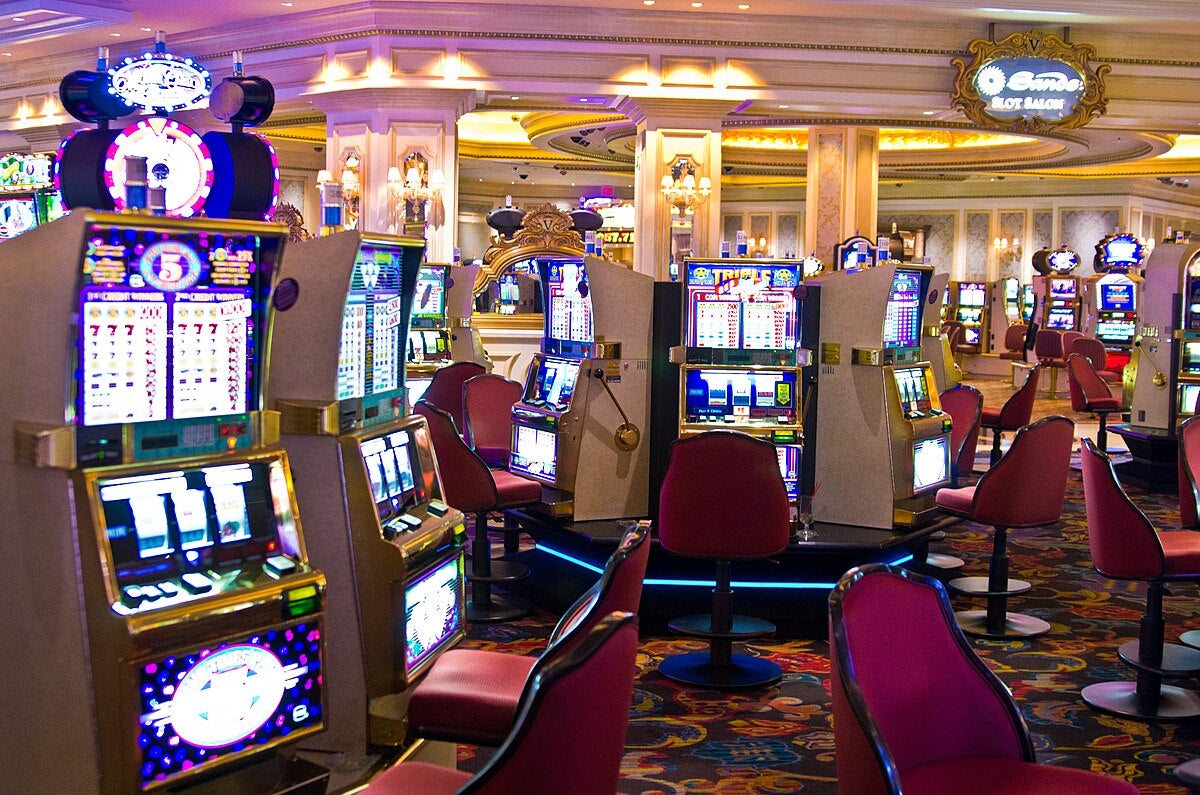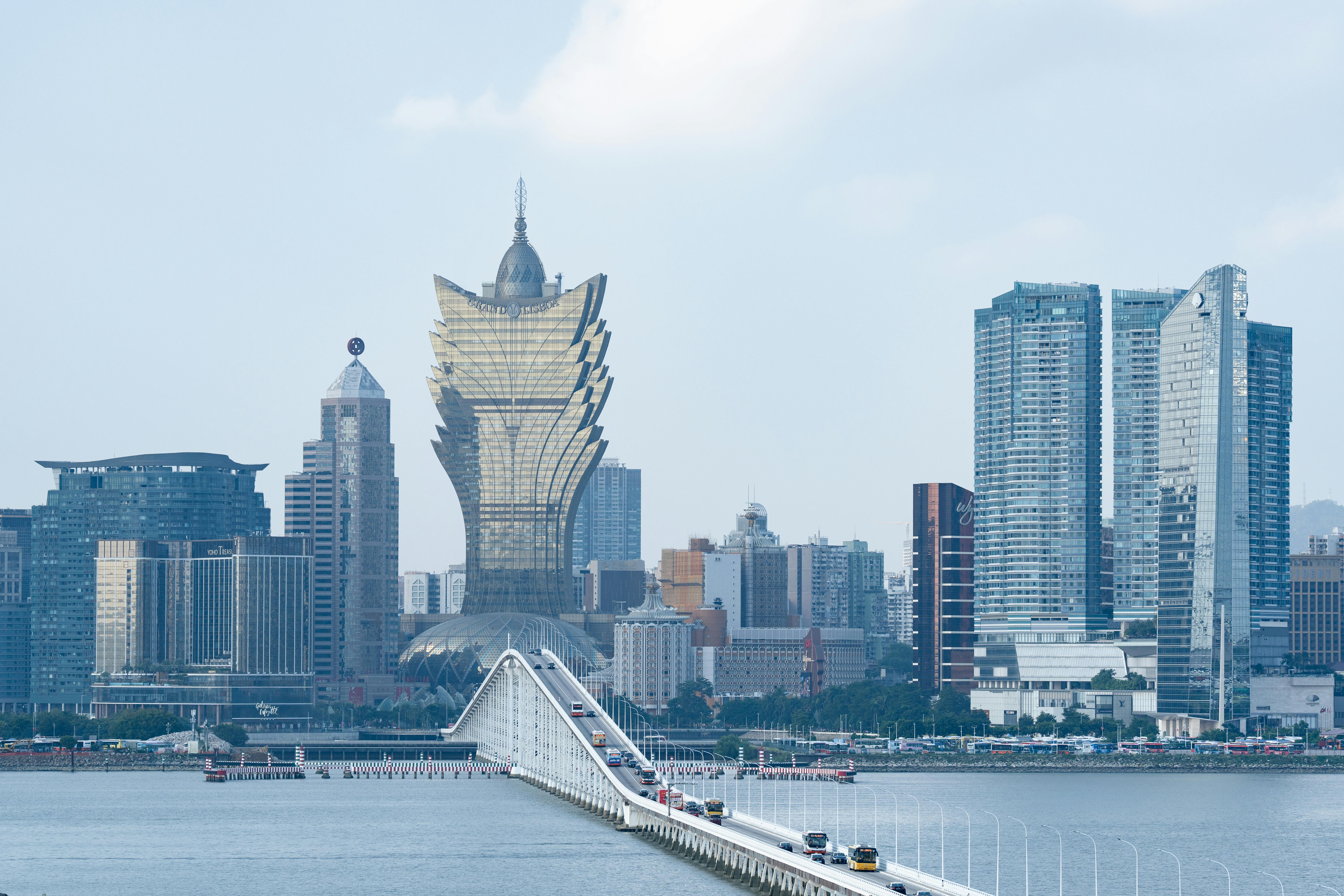Proposed Name Change and More Entertainment
One of the public hearing recommendations is to rename the bill from “Entertainment Complex with Casino” to “Integrated Resort Act.” The name change aims to convey the multifaceted nature of the developments, considering they will feature more than just casino floors.
The FPO report also proposed the expansion of entertainment offerings in these hubs. At least four types of entertainment can be accommodated in each complex, including hotels, restaurants, water parks, yacht clubs, bars and nightclubs, and department stores. The hearings’ participants lobbied for the number to increase to seven. One of the suggested additions is zones dedicated to promoting Thai culture to add to their authenticity and attract international tourists.
Licensing and Ownership Structures
There were split opinions during the hearings on the licensing of integrated resorts (IR). Some participants suggested reducing the license validity from 30 years to 10 years, prioritizing a more regular review of these complexes. Others advocated extending the validity to 50 or 60 years, favoring investors by improving stability.
The hearings also addressed the shareholder composition of the IRs. The prevailing opinion was for local Thai stakeholders to have a significant presence in the projects with 30% and 51% shares.
Location Changes, Locals’ Fees, and Tax Rates
A proposal emerged to erect entertainment complexes in areas that are already popular tourist destinations instead of Bangkok. Phuket, Hua Hin, Chiang Mai, Rayong, and Chonburi were some recommended locations. It was also suggested that the number of these complexes be limited to between three and seven across the country.
Entry fees for Thai citizens were also discussed, with recommendations to limit them to between 1,000 and 2,000 baht per visit. Locals would also choose to pay an annual fee of 20,000 to 40,000 baht. The fee range is intended to manage local participation with the international market as the focus.
There were also discussions on the tax rates, with suggestions they should be set at 17% of gaming revenue. It was emphasized that casinos must be one of at least four other entertainment offerings to ensure a broader economic ecosystem.
.svg)

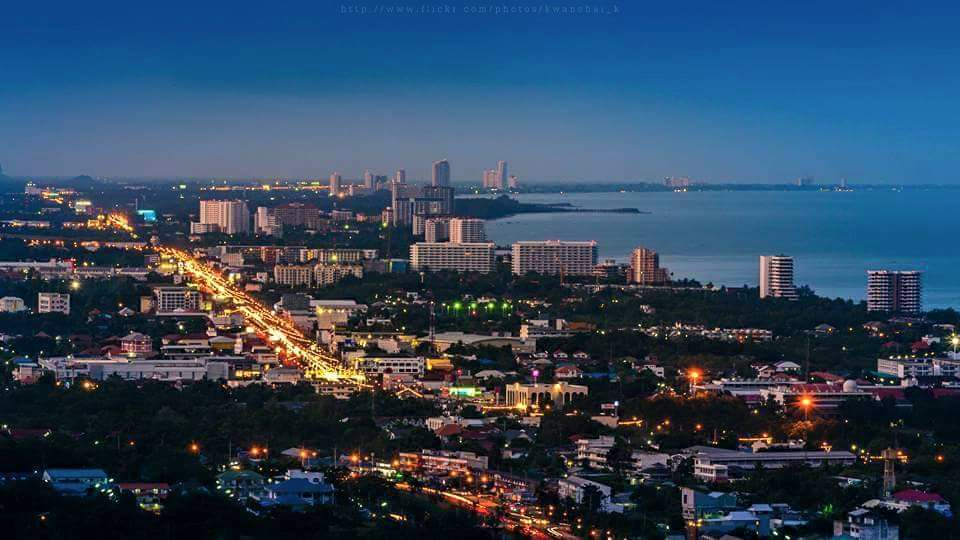



.jpg)


